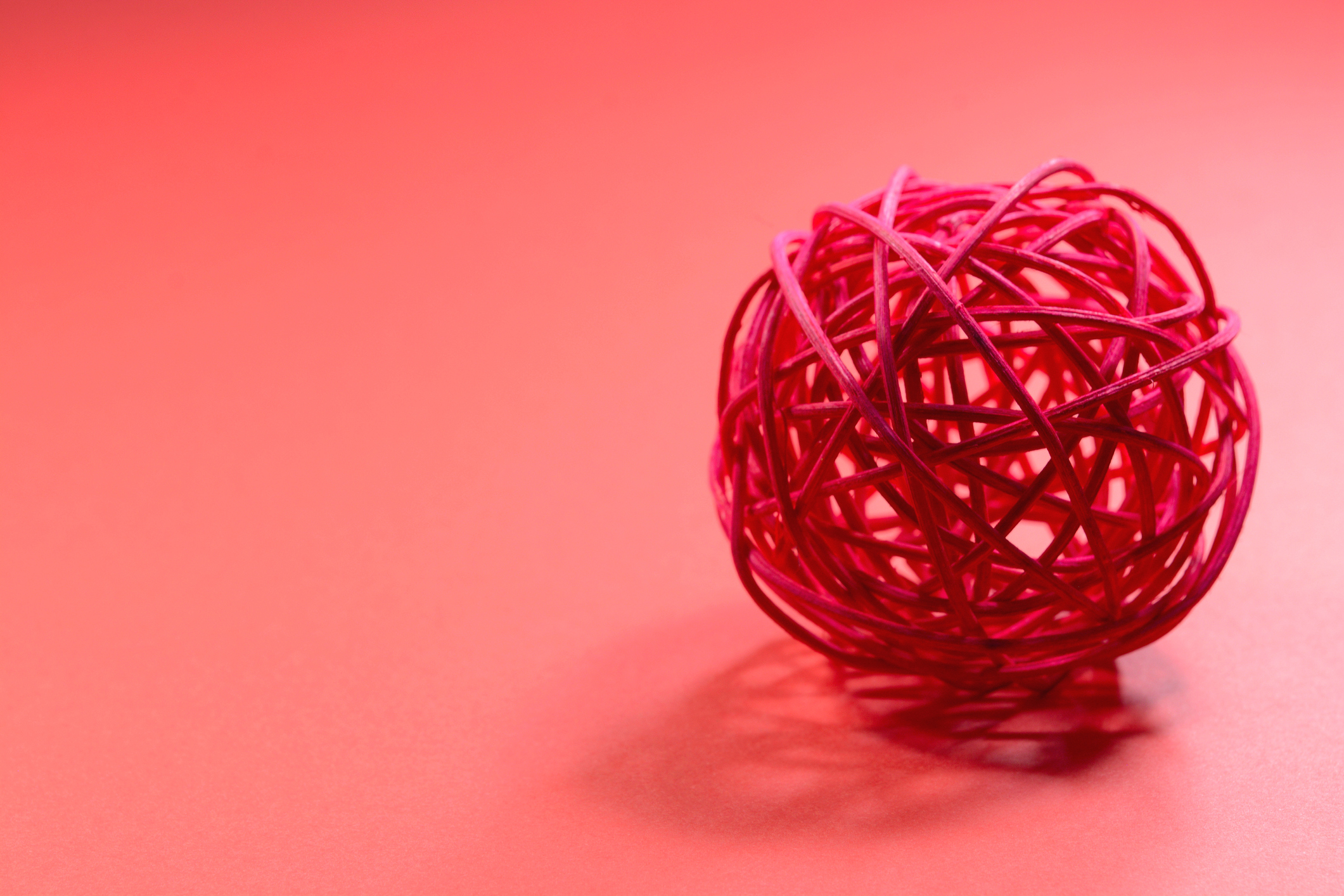Some days, maybe on the commute home from work or when we’re awoken by noisy neighbors, you find yourself thinking: I hate people. If so, you’re not alone, but there might be something you can do about it.
Sure, in a perfect world, each person we interact with would be kind, considerate, mindful, generous and have a personality that complements our own. They would get our sense of humor and we would get theirs. We would all thrive in a convivial atmosphere where no one was ever angry, upset, or annoyed. But, unfortunately, that’s not the way the world works. Sometimes we are fortunate to be surrounded by people we like, but other times we have to live, work, or interact with people we don’t like. This isn’t something to be ashamed of — how could you possibly like everyone equally? — but if you find yourself thinking “I hate people,” you likely want to know why and how to cope.
What Makes People Unlikeable?
One of the reasons we dislike people and think “I hate people” is the aspect of human cognition to see the world through one’s own eyes. Even those of us who try to have a healthy tolerance of different viewpoints occasionally catch ourselves thinking: “How in the world can you believe what you’re saying?” Disagreements can manifest as outright dislike.
Similarly, people can have habits that irritate you — they’re a downer, don’t shut up, are distracted, condescending, or insincere. In a study conducted at UCLA, subjects rated more than 500 descriptions of people based on their perceived significance to likeability. The top-rated descriptors had nothing to do with being gregarious, intelligent, or attractive (innate characteristics). Instead, the top descriptors were sincerity, transparency, and capable of understanding another person. These adjectives, and others like them, describe people who are skilled in the social side of emotional intelligence.
Your Brain on “I Hate People”
In an article called “Why Your Brain Hates Other People,” Robert Sapolsky writes that when we see someone who even looks different from us, “there is preferential activation of the amygdala,” which means the brain region associated with fear and aggression flares up. This visceral, emotional reaction can spark a long-term pattern of dislike when it’s validated by action: if you perceive that someone has hurt you, your fear of them becomes rational.
Our negative feelings toward someone get stronger as bad experiences with them pile up, and these negative thoughts trigger the fight-or-flight response in our bodies, making us think “I hate people” or a specific person.
How to Deal with People You Don’t Like
You might have to work on a project with a difficult colleague. Or your biggest enemy keeps showing up to professional mixers and social functions. Worst of all, you might find out your most annoying family members are coming for dinner. Successful people are able to handle problematic personalities they have to interact with. Use these five strategies to empower yourself to deal with even the most difficult people.
Stay calm
Emotions can be like a genie: once you let them out of the bottle, it’s hard to get them back in. If know you’ll be dealing with someone who stresses you out, take a deep breath and quiet your mind. Try to let it go. Remember, you don’t have to eat the words you never say.
Focus when communicating
Sometimes it’s tempting to bring up past seemingly related conflicts when dealing with current ones. Unfortunately, this often clouds the issue and makes finding mutual understanding and a solution to the current issue less likely.
Maintain boundaries
If a person causes you to feel exactly the same way every time you engage with him or her, think about how you can create boundaries that will keep you sane.
Identify what bothers you about the person
Get clear about what’s driving you nuts. Stick to the facts and do your best to keep your emotion out of it. When you identify what bothers you and dig a little deeper to go beyond the behavior, you can arrive at a strategy that helps you deal with the person and their behavior in the most positive way possible.
Be mindful of your body
Spend time paying attention to your body when you are angry or upset with someone: How do you feel your emotions coming on? Is it pressure in your chest, tension in your muscles or throbbing in your jaw? All of these physical symptoms are examples of common responses to anxiety or anger-producing situations. And all of these symptoms also have physical ways to relieve or lessen them.
Remember, You are in Control
If someone is getting on your nerves, it can be difficult to see the bigger picture of why you’re angry or annoyed or what can be done about it. However, you should never let someone else limit your happiness or success.
If you finding yourself saying, “I hate people,” or that a specific person’s comments are getting to you, ask yourself why that is and what you can do about it to make sure you’re happy. Remember that you have control over your feelings. Don’t let someone gain power over you just because they momentarily darken your day.
This article first appeared on Talkspace.com
Follow us here and subscribe here for all the latest news on how you can keep Thriving.
Stay up to date or catch-up on all our podcasts with Arianna Huffington here.


